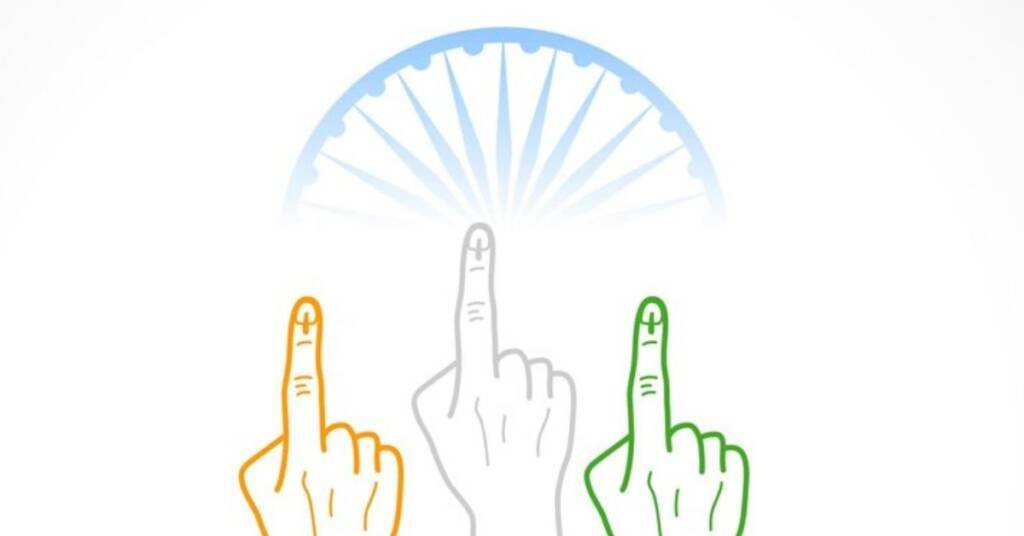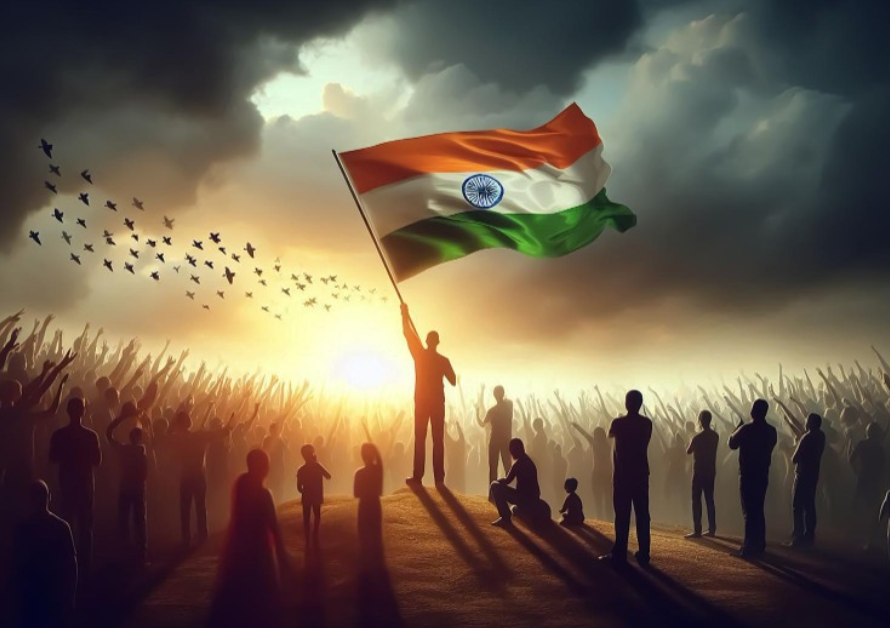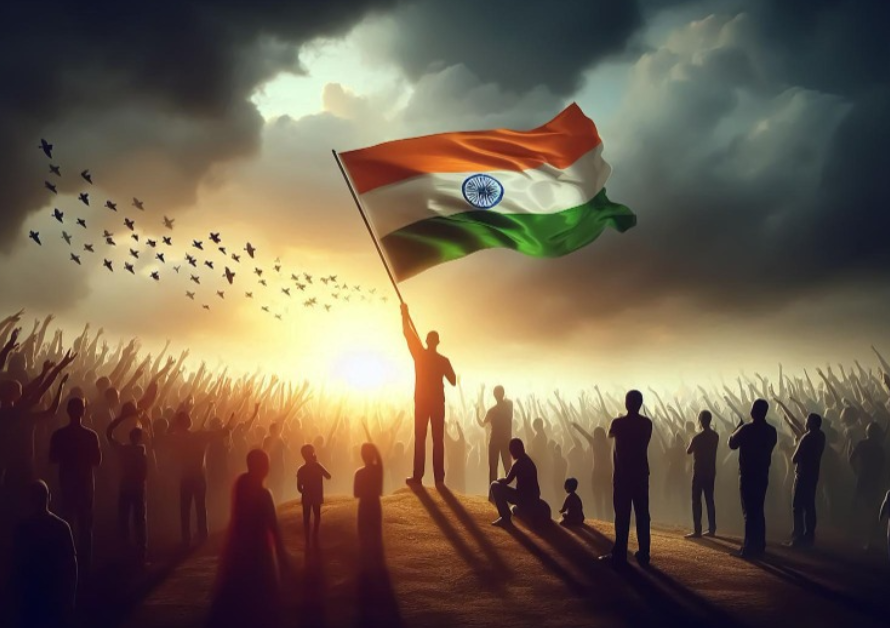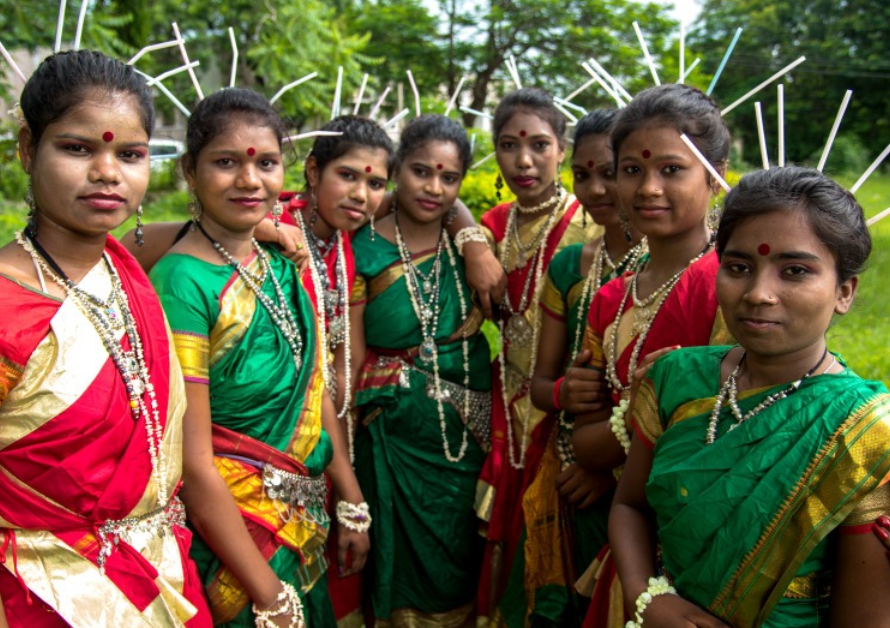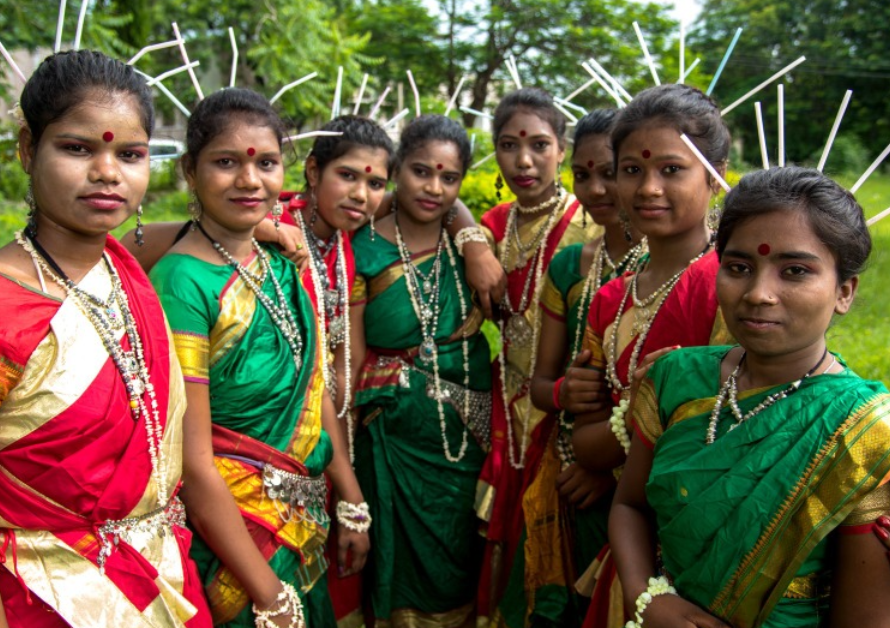The 48-page Congress election manifesto has raised several eyebrows due to the controversial and dangerous proposals hidden within. When compared to the extremist ideology of organizations like PFI (Popular Front of India), Lashkar-e-Taiba, and Al-Qaeda, some elements of this manifesto show unsettling parallels. Let’s delve into the key points of concern that could radically change the fabric of our nation:
- Restoration of Triple Talaq:
Congress proposes bringing back the Muslim Personal Law, including the controversial practice of triple talaq, which was previously abolished to ensure gender equality. This regressive move could undermine the legal progress achieved for Muslim women’s rights. - Reservation for Muslims in Government and Private Jobs:
The manifesto calls for implementing the Sachar Committee’s recommendations, which suggest providing reservations for Muslims in government and private sectors. This could exacerbate divisions in society and undermine the meritocratic foundations of our workforce. - Endorsement of Love Jihad:
The Congress manifesto seems to support the controversial narrative of ‘Love Jihad,’ labeling it as a basic human right. This is not only misleading but also fuels communal tensions and distorts the idea of love and personal relationships in a multi-religious society. - Support for Burqa in Schools:
Under the guise of supporting individual rights, Congress endorses the right to wear the Burqa in schools. This proposal disregards the secular values of education and could lead to cultural and religious divisions within educational institutions. - Threat to Hinduism:
One of the most alarming proposals is the party’s stance on “multiculturalism,” which could potentially translate into an attempt to undermine Hinduism in India. The proposed policies aim to eliminate the cultural dominance of Hinduism, leading to potential social discord. - Ban on Bulldozers:
Congress plans to implement a ban on the use of bulldozers for demolishing illegal constructions, a policy used by the current government to curb encroachments. This move could perpetuate illegal land occupation and hinder urban planning and development efforts. - Support for Gaza and Hamas:
The manifesto expresses unequivocal support for Gaza, effectively aligning with Hamas, an internationally recognized terrorist organization. Such a stance could alienate India’s global allies and harm its international relationships. - Increase in Muslim Judges in Judiciary:
While representation is important, the proposal to increase Muslim judges disproportionately in the judiciary raises concerns about compromising the impartiality and secular nature of the judicial system. - Mob Lynching Law:
The proposed communal violence bill is intended to prevent mob lynching. However, such a law could be easily misused to target specific communities, creating a divisive narrative of communal victimhood without addressing the root causes of violence. - Legitimizing Beef Consumption:
By advocating for the legalization of beef consumption, Congress disregards the deep cultural and religious sentiments attached to cow protection in India. This could create further communal rifts and alienate millions of Hindus. - Separate Loan Scheme for Muslims:
The manifesto proposes a special loan scheme for Muslims with lower or zero interest rates, which may be perceived as discriminatory by other communities. This could intensify religious polarization and inequality in the financial system. - Restoration of Jammu and Kashmir’s Statehood:
The proposal to reinstate Jammu and Kashmir’s special status would undo the constitutional changes made under Article 370, undermining national integration and encouraging regional separatism. - Muslim Representation in Constitutional Bodies:
Congress envisions Muslim appointments to critical constitutional bodies such as the Supreme Court, Election Commission, Comptroller and Auditor General, and the National Human Rights Commission. While diversity is essential, this could open the door to sectarian appointments that compromise the neutrality and independence of these institutions. - Anti-Hate Speech Law:
The proposal to create a separate law to curb hate speech against Muslims is deeply concerning. If implemented, this could be misused to stifle dissent and disproportionately target those who speak out against injustices faced by the majority community.
The Consequences for Hindus:
Among all these provisions, the 14th point about the introduction of an anti-hate speech law aimed at protecting Muslims could be enough to criminalize Hindus for expressing legitimate concerns. This could lead to a scenario where people are jailed for simply speaking their mind or opposing the agenda of certain groups.
Conclusion:
The Congress manifesto reveals a disturbing shift toward policies that seem to prioritize one community over others, undermining the secular and inclusive nature of India. The focus on religious appeasement, divisive identity politics, and the promotion of controversial ideologies could pave the way for social unrest and hinder India’s progress as a united nation.
Those who are contemplating voting for INDI Alliance or considering the NOTA option must carefully consider these proposals. This is not just an election—it’s a decision that will shape the future of India’s democracy and secular values.
Stay vigilant, stay informed.

